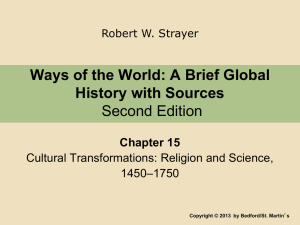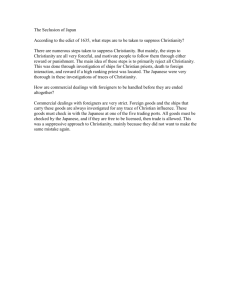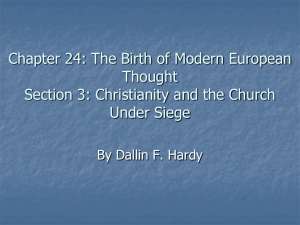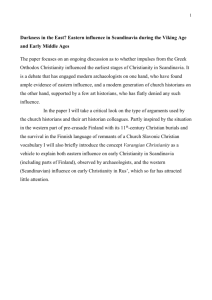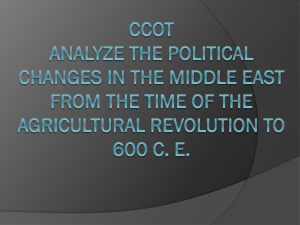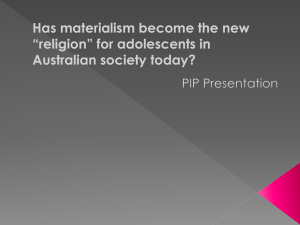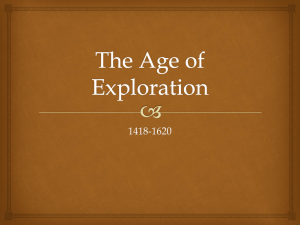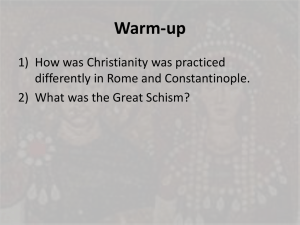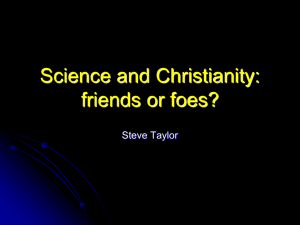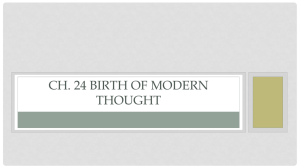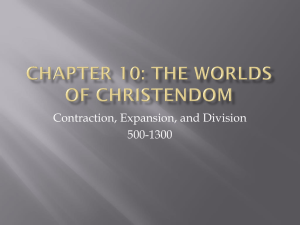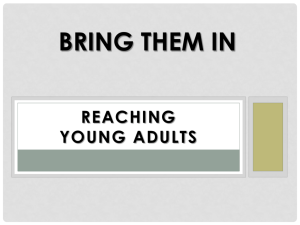Flyer
advertisement
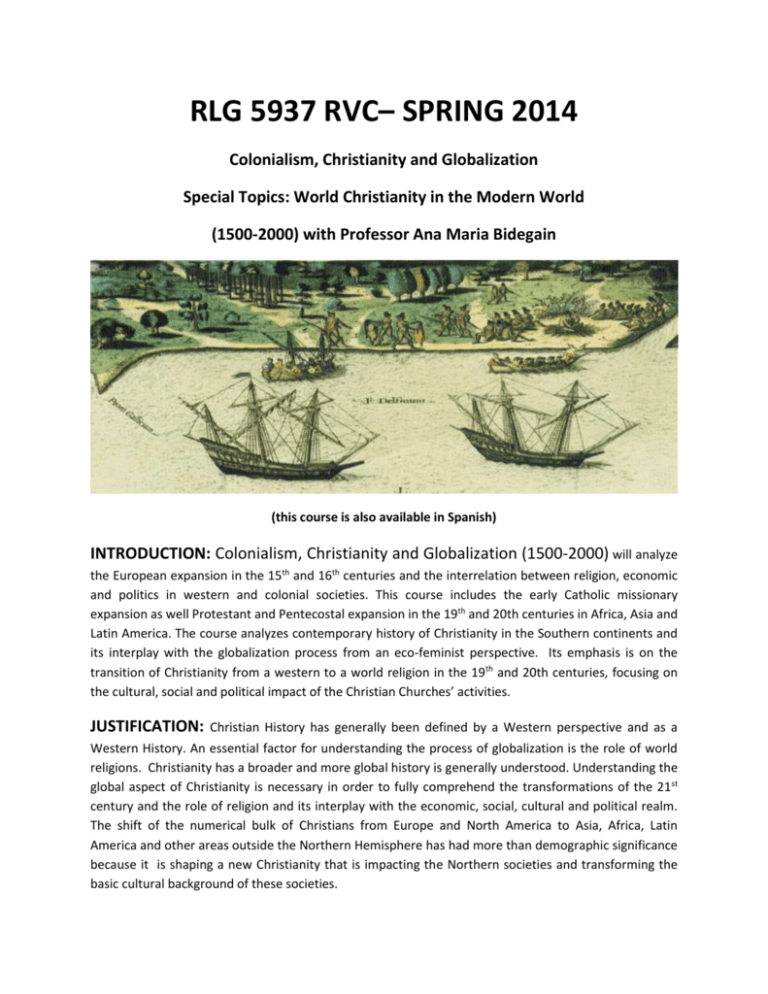
RLG 5937 RVC– SPRING 2014 Colonialism, Christianity and Globalization Special Topics: World Christianity in the Modern World (1500-2000) with Professor Ana Maria Bidegain (this course is also available in Spanish) INTRODUCTION: Colonialism, Christianity and Globalization (1500-2000) will analyze the European expansion in the 15th and 16th centuries and the interrelation between religion, economic and politics in western and colonial societies. This course includes the early Catholic missionary expansion as well Protestant and Pentecostal expansion in the 19th and 20th centuries in Africa, Asia and Latin America. The course analyzes contemporary history of Christianity in the Southern continents and its interplay with the globalization process from an eco-feminist perspective. Its emphasis is on the transition of Christianity from a western to a world religion in the 19 th and 20th centuries, focusing on the cultural, social and political impact of the Christian Churches’ activities. JUSTIFICATION: Christian History has generally been defined by a Western perspective and as a Western History. An essential factor for understanding the process of globalization is the role of world religions. Christianity has a broader and more global history is generally understood. Understanding the global aspect of Christianity is necessary in order to fully comprehend the transformations of the 21st century and the role of religion and its interplay with the economic, social, cultural and political realm. The shift of the numerical bulk of Christians from Europe and North America to Asia, Africa, Latin America and other areas outside the Northern Hemisphere has had more than demographic significance because it is shaping a new Christianity that is impacting the Northern societies and transforming the basic cultural background of these societies.
